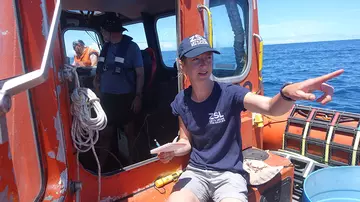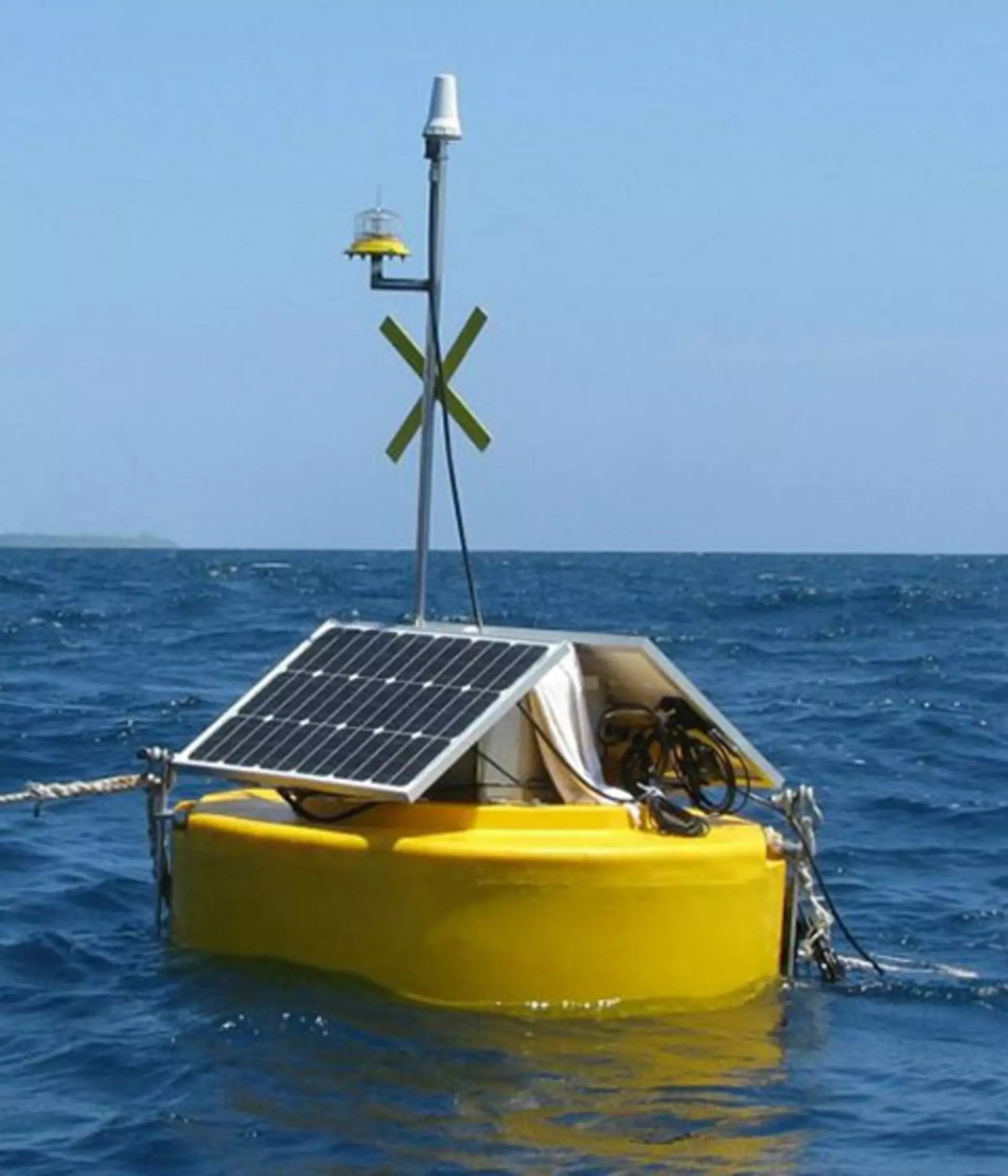
Illegal, unreported and unregulated (IUU) fishing is an international problem that threatens the health of marine ecosystems globally. At ZSL, we trialled emerging technologies to detect these fishing vessels and protect marine species.
Marine Protected Areas (MPAs) create safe havens for fish stocks and wildlife, and provide strong socio-economic benefits for coastal communities around the world. In 2010, the UK Government established a new MPA to halt commercial fishing across 640,000km2 of the Indian Ocean called the British Indian Ocean Territory (BIOT), which is 370 miles south of the Maldives and is home to the some of the most biodiverse waters on the planet. However, despite the MPA, pressure from illegal fishing still threatened the wildlife and fish stocks that resided there. More was needed to protect vulnerable species, and ZSL turned to technology to help.
How did ZSL use technology to detect illegal fishing vessels?
Since 2010, we have worked closely with the BIOT administration (BIOTA) in the Foreign and Commonwealth Office and with the Bertarelli Foundation to develop an ambitious programme of research to support better management of the marine reserve.
In 2017, we collaborated with BIOTA to trial underwater acoustic sensors to detect illegal fishing vessels within the British Indian Ocean Territory. Whilst underwater acoustics are widely used to monitor ocean health and human impacts, their application to monitor illegal fishing vessels was fairly innovative. This formed part of a wider initiative to trial emerging technologies to boost enforcement efforts across the whole MPA.
ZSL, together with JASCO Applied Sciences, evaluated and tested readily available underwater acoustic sensors (or hydrophones) to be integrated with ZSL’s Instant Detect satellite communication solution; a real-time early warning system for protected areas.

The solution used hydrophones to listen around the clock in remote archipelagos and coral lagoons. JASCO’s intelligent algorithms were able to distinguish engine tones from large ships to even the smallest wooden vessels and ZSL’s Instant Detect system then transmitted a real-time alert to a control room.
Because it was able to detect smaller vessels, the solution could complement large scale satellite technologies which are typically designed to monitor larger vessels. By ensuring the technology was compatible with open analytics tools such as OceanMind, enforcement teams were able to have a suite of tools to enable them to better monitor MPAs and reduce illegal fishing.
Benefits included:
- High and accurate detection rate
- Improved efficiency of patrol teams
- Able to withstand harsh environments
- Could be left in situ for up to three months
- Could be moved to different hotspots within the MPA
- Affordable and low ongoing costs
People involved
- Rachel Jones, Project Manager
- Tom Letessier, IOZ Chagos Consortium Science Coordinator
- Sophie Maxwell, Former ZSL Conservation Technology Lead
- Emily Loving, Former ZSL Project Manager
